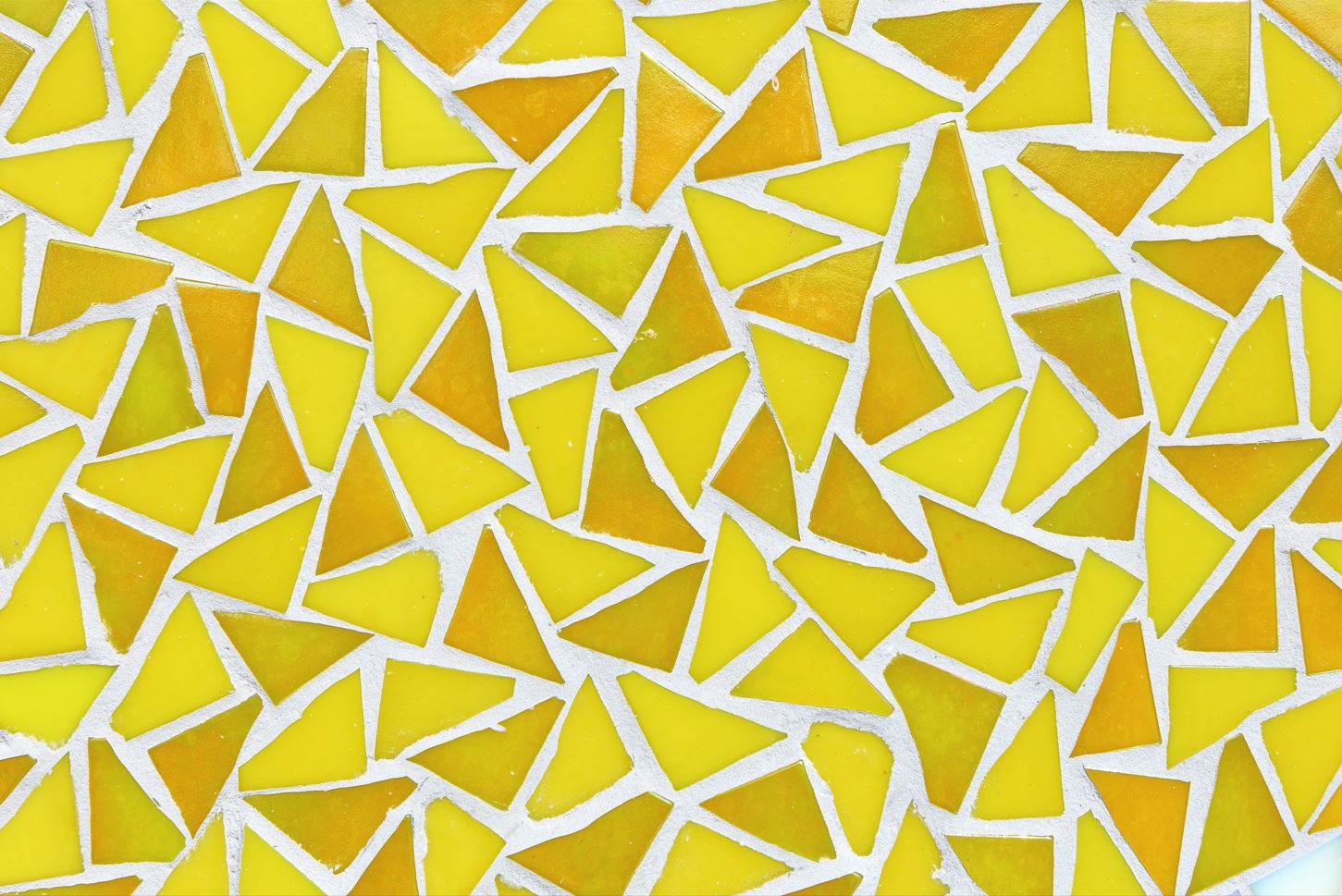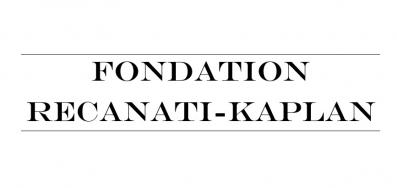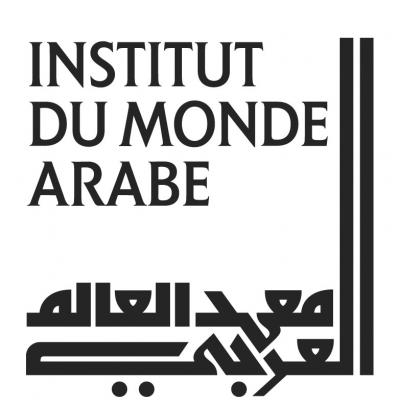Call for Applications: Recanati-Kaplan Prize
Art & Design, Books & Ideas, Film & TV, Museums & Heritage, Music, New Media, Performing Arts

Villa Albertine, in partnership with the Institut du monde arabe and the Recanati-Kaplan Foundation, is launching a call for applications for the 2024 Recanati-Kaplan Prize to support artistic and intellectual exchange between the United States, France, and the Arab world.
The Recanati-Kaplan Prize will be awarded to one creator, cultural expert or scholar from the Arab world who wants to carry out an original research project requiring an immersive stay in the United States in the fields of arts and ideas.
The winner will receive:
- a two-month exploratory residency in a US city supported by Villa Albertine
- a $15,000 grant
Entries must be submitted by January 9, 2024 at 11:59 p.m. (Paris time).
Applicant Profiles
Applications are open to any creator, cultural expert or scholar from the Arab world proposing an original research project in the realm of arts and ideas that would require an immersive visit to the United States.
Each applicant will have to propose a residency project on a theme of their choice, focusing on contemporary issues affecting the United States and one or more countries in the Arab world.
Applicants must hold the nationality of one of the following countries: Algeria, Saudi Arabia, Bahrain, Comoros, Djibouti, Egypt, United Arab Emirates, Iraq, Jordan, Kuwait, Lebanon, Libya, Morocco, Mauritania, Oman, Palestine, Qatar, Somalia, Sudan, Syria, Tunisia, or Yemen.
Applicants must demonstrate fluency in English.
Applicants must be available in the future to complete a two-month residency in the fall of 2024 (i.e. at any time between September and December 2024).
Applications may only be submitted on an individual basis. Group applications will not be accepted.
Applicants must be at least 21 years of age prior to the proposed start date of their residency.
Applicants must be able to adapt to potential constraints of their proposed residency location. For example, it is strongly advised that they hold a driver’s license if traveling to large metropolitan areas, such as Los Angeles and San Francisco.
Residency Location
Candidates are asked to conduct their residency in a territory that best corresponds to the themes they wish to explore. The residency project can focus on the city of the candidate’s choice. The winner will be supported by the closest Villa Albertine office in proximity to their residency location.
The cities where Villa Albertine has established a permanent office include Atlanta, GA, Boston, MA, Chicago, IL, Houston, TX, Los Angeles, CA, Miami, FL, New York, NY, New Orleans, LA, San Francisco, CA, and Washington, DC.
Residency Project Type
Applicants are advised to propose their exploratory residency project within a US city that would foster original artistic or intellectual reflection not likely to be developed elsewhere.
The concept of the exploratory residency project should not be considered as indoor, office work, but rather a field investigation that inspires and builds new connections. The project’s value lies in its relationship to the location. In this regard, meetings, visits, events, and exchanges will all help to enrich the work that is carried out.
Proposed projects must address a societal issue that resonates both in the United States and the Arab world.
The residency is not limited to one specific form, e.g. material art, as would be the case with a production-based residency.
All disciplines related to the arts, culture, and ideas are welcome: visual arts, design, architecture, performing arts, music, cinema, digital creation, fiction writing, comics, social sciences, etc.
Support from Villa Albertine
A schedule of meetings, visits, and events will be proposed for the resident, in accordance with their project and requirements. Villa Albertine will support the resident by offering its expert knowledge of the local artistic and cultural scene as well as putting the resident in contact with its network of partners.
Villa Albertine will cover program-related travel and living expenses through the following arrangements:
- A residency stipend for daily living expenses, calculated according to the local cost of living (e.g. $110 per day in New York)
- Round-trip travel to the US from the resident’s home country
- Accommodations
- Car rental, if necessary, depending on the proposed location
- Health, civil liability, and repatriation insurance
Villa Albertine cannot cover any costs other than the aforementioned travel and living expenses.
Selection Criteria
The criteria for assessing an application are:
- Quality of the applicant’s overall work: Do they practice their artistic or intellectual work on a professional basis? Are they recognized by peers in their field? Is their project for Villa Albertine a logical continuation of their research objectives?
- Quality of the project: Does the project address a contemporary issue that resonates both in the United States and in the Arab world? Are the project’s artistic, cultural, and intellectual approaches clear and relevant? Does the project present a strong connection to the dynamics of the applicant’s proposed city of residency such that it would require them to travel to the United States?
- Project feasibility: Villa Albertine reserves the right to reject projects that it would not be equipped to support.
Application Process
Applications must be submitted by email to recanati-kaplan-prize@villa-albertine.org no later than January 9, 2024 at 11:59 p.m. (Paris time). They must contain the following elements, each completed in English:
- Completed applicant information form, which may be downloaded via this link.
- Presentation of the applicant’s career and work in PDF format (limited to 10 pages and 10 MB), e.g. a resume and summary of a small selection of projects related to the project’s theme.
- Statement indicating whether the applicant holds a driver’s license.
- Three-minute video of the applicant speaking in English. This video shall be used to confirm the applicant’s proficiency in English, but also presents an opportunity for the applicant to introduce themselves and speak about their project for the Recanati-Kaplan Prize without reading from a prepared text. This should be uploaded as an “unlisted” video to a platform, such as YouTube or Vimeo, available to view only by those who have the required link. If the applicant decides to protect their video with a password, it should be provided with the application. The video link (and password, if applicable) must be shared at the beginning of the PDF when presenting the project (cf. following point).
- Presentation text summarizing the proposed residency project (two pages or less). The project must demonstrate the applicant’s interest in participating in the residency program, and propose an innovative research project on societal themes linking the United States, the Arab world, and France. The link to the video presentation in English must be indicated at the beginning of this document. The project must be summarized in a short sentence at the beginning of the document to convey the general idea.
Any applications deemed incomplete or failing to meet these conditions will not be considered. Any untruthful or inaccurate information will automatically render the application null and void.
Applicants will be informed of their status in March 2024.
Villa Albertine will not host any resident who is unable to meet the requirements for entry into the United States.
In partnership with

Recanati-Kaplan Foundation
Created in 2010 by Thomas S. Kaplan and Daphne Recanati-Kaplan, the Recanati-Kaplan Foundation supports the development of initiatives of excellence in four areas: the protection of our biodiversity; research in medical sciences; the teaching of history and philosophy; and cultural, artistic, and intellectual bridge-building between the Arab world, France and the United States.

Institut du monde arabe
The Institut du monde arabe was founded in 1980 by France and the League of Arab States to promote and highlight Arab culture in all its forms. Housed in a building designed by the eminent architect Jean Nouvel and Architecturestudio, this genuine hub of encounters and exchanges opened its doors in 1987. For the past 35 years, the Institut du monde arabe has continued to strengthen cultural, political, economic, and social connections between France and the Arab world.
